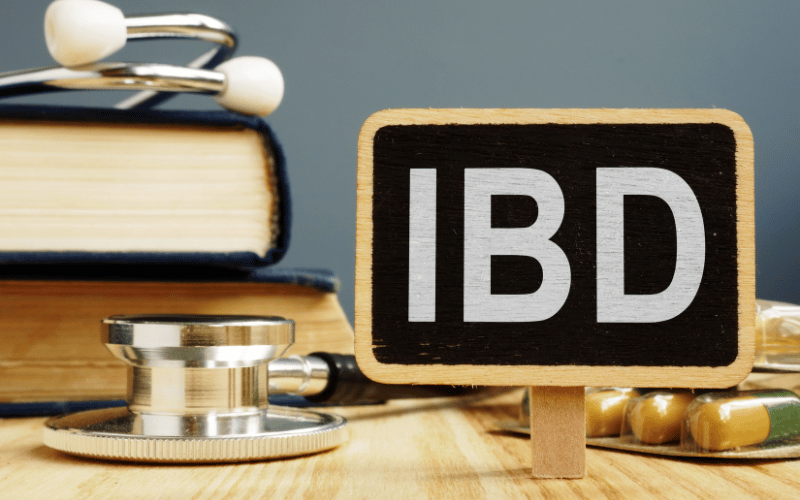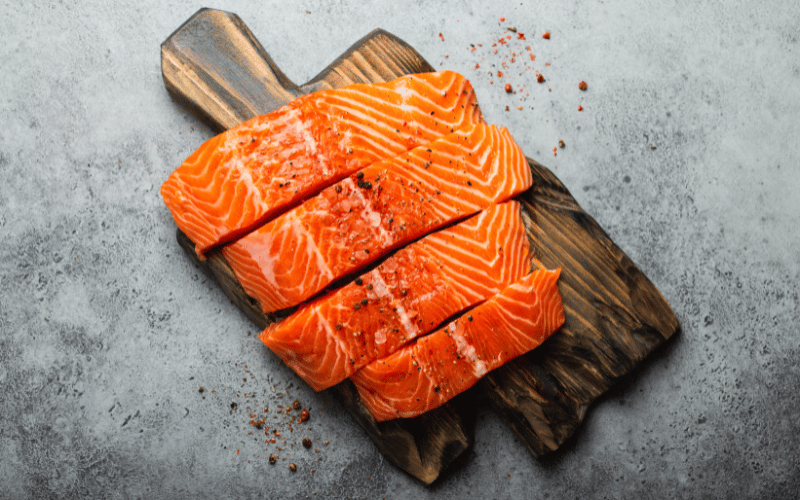Introduction: The Importance of Diet in IBD Management
Inflammatory Bowel Disease (IBD) represents a group of intestinal disorders causing prolonged inflammation in the digestive tract. Navigating the murky waters of IBD isn’t solely about dodging flare-ups; it revolves significantly around choosing the right foods. The right dietary choices are more than just a preventive measure; they’re a form of proactive management.

The gut, in all its complexity, reacts variably to different foods. While some foods may trigger or exacerbate IBD symptoms, others can be soothing, helping to reduce inflammation and provide the essential nutrients that the body craves, especially during a flare-up. The challenge, however, lies in distinguishing between the two.
Individuals diagnosed with IBD often find themselves at a dietary crossroads, seeking clarity on what foods to embrace and which ones to avoid. While medical treatments and interventions are pivotal, diet holds a primary role in managing the disease’s symptoms and potentially prolonging periods of remission.
This article sheds light on ten foods that have shown to positively influence IBD management. Incorporating these into one’s diet might be the step forward that many seek in their quest for better gut health.
Food 1: Salmon and Fatty Fish

Salmon, mackerel, and sardines, often classified as fatty fish, hold a special place in the realm of foods beneficial for IBD management. One of the most potent components they’re loaded with is Omega-3 fatty acids. These essential fats are renowned for their robust anti-inflammatory properties. Regular consumption of these fish can not only provide essential proteins but also assist in reducing intestinal inflammation.
But why are Omega-3s so essential? These fatty acids combat the inflammatory agents in the body, ensuring a more balanced internal environment, especially in the gut. For someone with IBD, this can mean reduced flare-ups and a more comfortable daily life. Another great attribute of fatty fish is its versatility. Whether baked, grilled, or even consumed raw as sushi, it provides options to keep meals interesting.
However, as with all foods, quality matters. It’s advisable to choose wild-caught over farm-raised fish, as the former typically contains higher Omega-3 content. Moreover, wild-caught fish often have fewer contaminants, ensuring you derive maximum benefits without unwanted side effects.
It’s worth noting that while fatty fish offer numerous benefits, moderation is crucial. Overconsumption can lead to an imbalance in the body’s Omega-6 to Omega-3 ratio. To conclude, integrating fatty fish into one’s diet can be a game-changer for those with IBD, offering a delicious way to combat inflammation from within. (1)